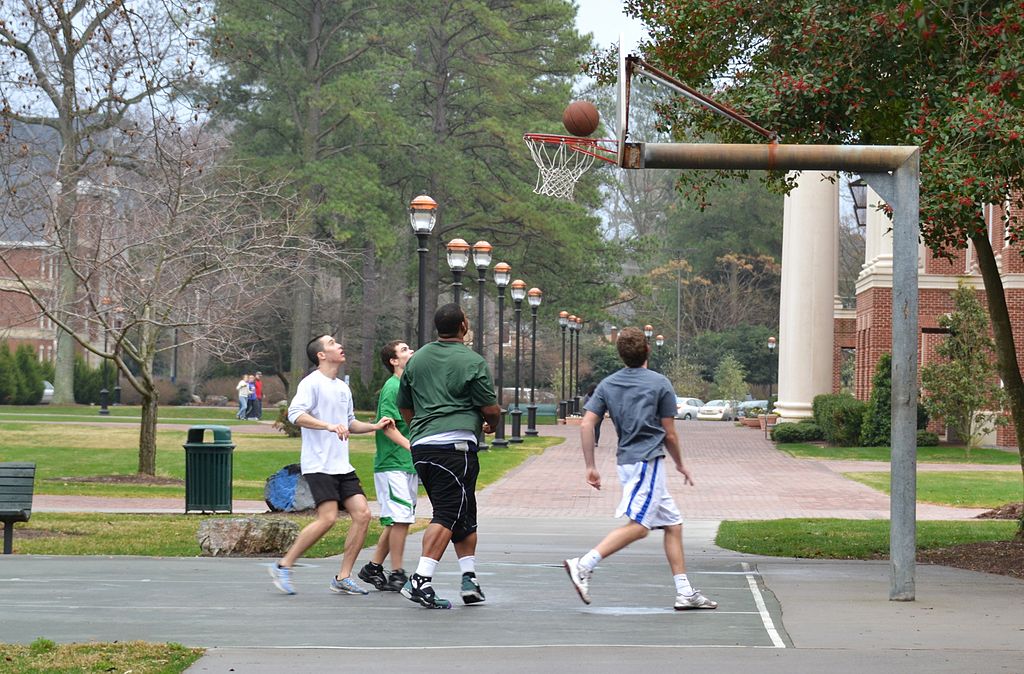Why Write For Us?
Writers like you are a critical part of the science community and our pursuit of shared knowledge.

You’re educating the public and improving science literacy.

You’ll receive guidance on how to improve your writing.

This is an easy way to start or expand your writing portfolio.
Our Editorial Policies Help Keep Science Unbiased
Objectivity
Content cannot explicitly promote any company or its products/services. Writers, however, may promote non-profit causes at the editors’ discretion. Additionally, articles cannot express a personal or political opinion. Articles must be firmly grounded in scientific fact.
Exclusivity
Drafts should not have been published previously and should be submitted to the Illinois Science Council on an exclusive basis. All drafts are subject to review and editing. The editors make all decisions regarding publication of articles.
Volunteer-Based
Since we are a non-profit organization, all of our writers contribute articles on a volunteer basis only.

Things You Should Know Before Pitching An Article Idea
About Our Audience
Blog articles are written in a casual style to keep our readers engaged and to get them excited about science, technology, engineering, and mathematics. Our readers are educated science-enthusiasts, but they are not experts in what you are writing about. Pretend you’re at dinner with educated, non-scientist friends who are curious about what you have to say. Accordingly, please avoid technical language, jargon, and academic-sounding terms and phrases. If you must use an unfamiliar term, define it when you first use it.
What Should You Write About?
Science Unsealed covers anything related to STEM. We prefer topics related to Illinois/the Midwest, although we will accept any topic as long as it suits the style of the blog. For a sample of the variety of topics we cover, view our blog.
Ready To Pitch Your Article?
Our editors invite contributions from graduate students, scientists, and science writers in industry and academic settings.
Writers can come from any scientific field, but they must maintain scientific integrity and adhere to our editorial guidelines for non-academic and noncommercial writing.
In your pitch:
- Tell us whether you have a science background
- Tell us if you have any non-academic science writing experience and share some relevant clips
- Give us a few sentences about a topic that you wish to write about
Once we receive your pitch we will contact you with more information and next steps.
In the spirit of remaining objective, we *do not* accept sponsored or promotional content.
Send Us Your Article Idea
Here’s What You Need To Know After Your Idea Is Approved
NOTE: Instructions for where to send your story for editorial review will be provided after your pitch/idea is approved.
Get A Copy Of Our Document Format
[This button opens a google document that you can copy and begin using]
Structure and Formatting Specifications
Title: Submit a short, captivating title to engage readers.
Word Count: 800-1200 words. For information on a longer, more in-depth series, please contact the editors at blog [at] illinoissience.org.
Images: All content should be accompanied by images. Photos and graphics either have to be free license, or authors must cite the image’s creator in the caption. When appropriate, you may also use your own images. Please send photos as separate attachments or direct links, and include the captions either in the document or in the body of your email. Please send headshot of yourself.
References: If the information is important enough to be cited, or if there is more to learn on a particular topic, please cite within the text of the article using hyperlinks.
Author Credit Specifications
Include a short blurb about yourself at the end of your post that includes the following information:
- Name: Your name
- Credentials: Your education, place of work, or other credentials (if it applies to the subject matter)
- Contact/social: A contact method or social media information of your choosing
What Happens After You Submit Your Article Draft
The editors will likely go through one or two rounds of edits with you before publishing. We know you’re the expert on what you’re writing about, so we will seek your guidance on scientific accuracy.
However, we will work with you to make sure your content is as clear, cohesive, and engaging as possible.
Once published, we will promote your article through our social media channels and newsletter.


Join Us In Making Science Matter. Pitch Your Article.
Writers like you are a critical part of the science community and our pursuit of shared knowledge. If not for you, do it for today’s youth.

